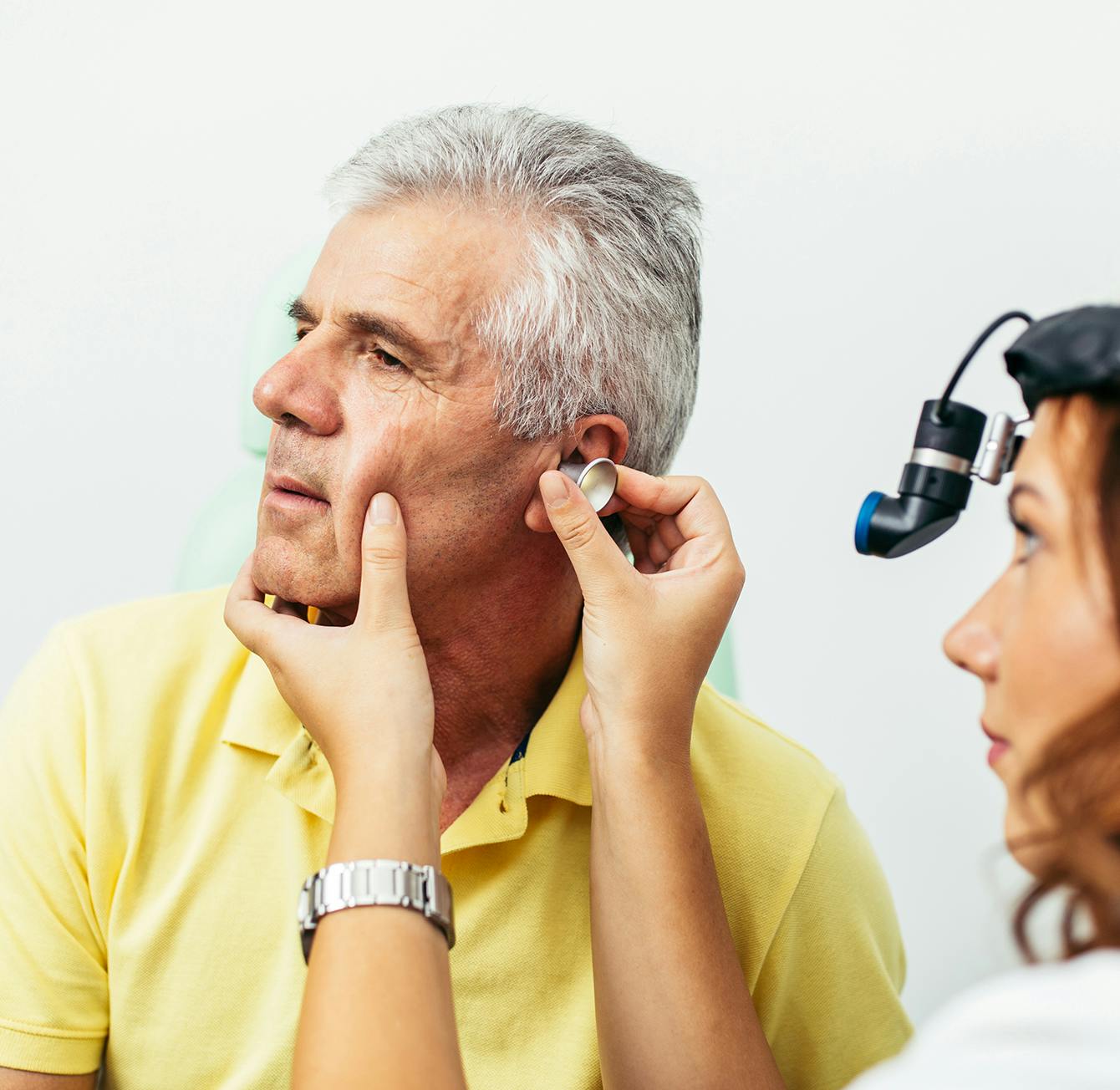Cochlear implants represent a groundbreaking advancement in treating severe to profound sensorineural hearing loss. At Florida ENT Associates, we specialize in providing cochlear implant services, offering life-changing solutions to those for whom traditional hearing aids are ineffective.
What Does the Cochlear Implant Process Entail?
- Evaluation: The journey begins with a comprehensive evaluation to determine candidacy for a cochlear implant. This involves a series of tests, including hearing assessments, medical examinations, and imaging studies to evaluate the structure and health of the inner ear.
- Surgery: The implantation procedure is a delicate process performed under general anesthesia. It involves placing the implant's electrode array into the cochlea. The external component, which includes a microphone and speech processor, is worn behind the ear.
- Recovery and Activation: Post-surgery, patients undergo a recovery period before the device is activated. Activation involves programming the implant and is a crucial step in the process. It requires several visits to fine-tune the settings for optimal hearing.
- Rehabilitation: Post-activation, rehabilitation is key. Patients work with audiologists and speech therapists to adapt to and learn how to interpret the sounds transmitted by the implant.



